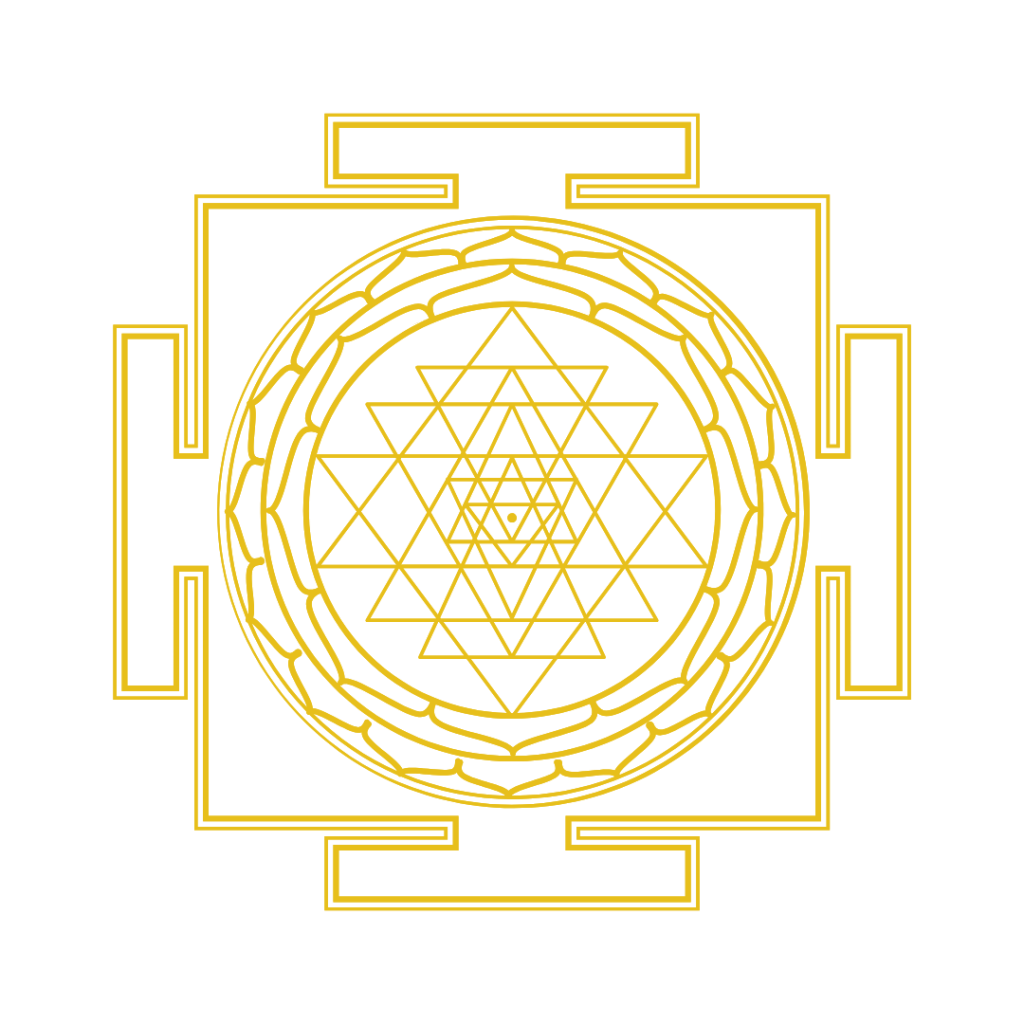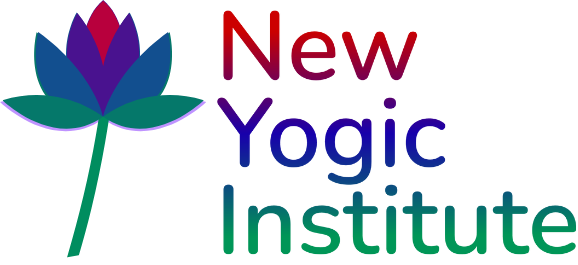Many practices on offer today that go by the name of Yoga are unfortunately incomplete. Any Yoga practice that is complete contains all the Eight Limbs of Yoga, that were once described by Mahaṛṣi Patañjali. Each of these limbs allows us to train and control the energy of an area of our consciousness, until full control over our Being is reached.
The eight limbs are:
-
- Yama: Moral principles. Dealing with what is. Learn to explore your own moral compass using five principles. Rather than imposing our morality on you, we teach you how to develop your own morality. This brings harmony, focus & clarity.
-
- Niyama: Niyama is work with moral ideals. Learn how to keep a growing, upward direction in your life. This is the other part of your moral compass, supporting you on your way to a constructive attitude to life and creative & inspired development.
-
- Āsana: By far the most well known part of Yoga, āsana means bodily postures. Mainly used for strengthening & cleansing, they are more often than not applied with little understanding, even by most contemporary Yoga teachers. We teach you how to structure each āsana.
-
- Prāṇāyāma: Prāṇāyāma means controlling subtle energy currents. This has a powerful cleansing & vitalising as well as healing effect. It also improves our understanding of the Three Modes of Energy, one of the most important Yogic tools.
-
- Pratyāhāra: Pratyāhāra is detachment. You learn to purposely steer away all your attention from distractions. On the level of all five senses and any arising thoughts or impressions. Regain control over where your mind is going!
-
- Dhāraṇā: Dhāraṇā is concentration. You learn to mentally approach objects of attention closer and closer. This builds up towards meditation. Learn to focus even in the midst of crowded places, growing your mental strength.
-
- Dhyāna: Dhyāna is meditation. Meditation here means a unifying experience with the object of your attention. This is indispensible for any serious Yogic practitioner, in spite of many people these days claiming otherwise. Experiencing Unity feels like coming home.
- Samādhi: Samādhi is contemplation, or meditation on abstract states of mind. Feelings (not to be confused with emotions!) become gateways to the highest states of awareness. This increases our flow in life and firmly connects us to Bliss, Peace & Joy and ultimately to our Higher Self.
- Dhyāna: Dhyāna is meditation. Meditation here means a unifying experience with the object of your attention. This is indispensible for any serious Yogic practitioner, in spite of many people these days claiming otherwise. Experiencing Unity feels like coming home.

